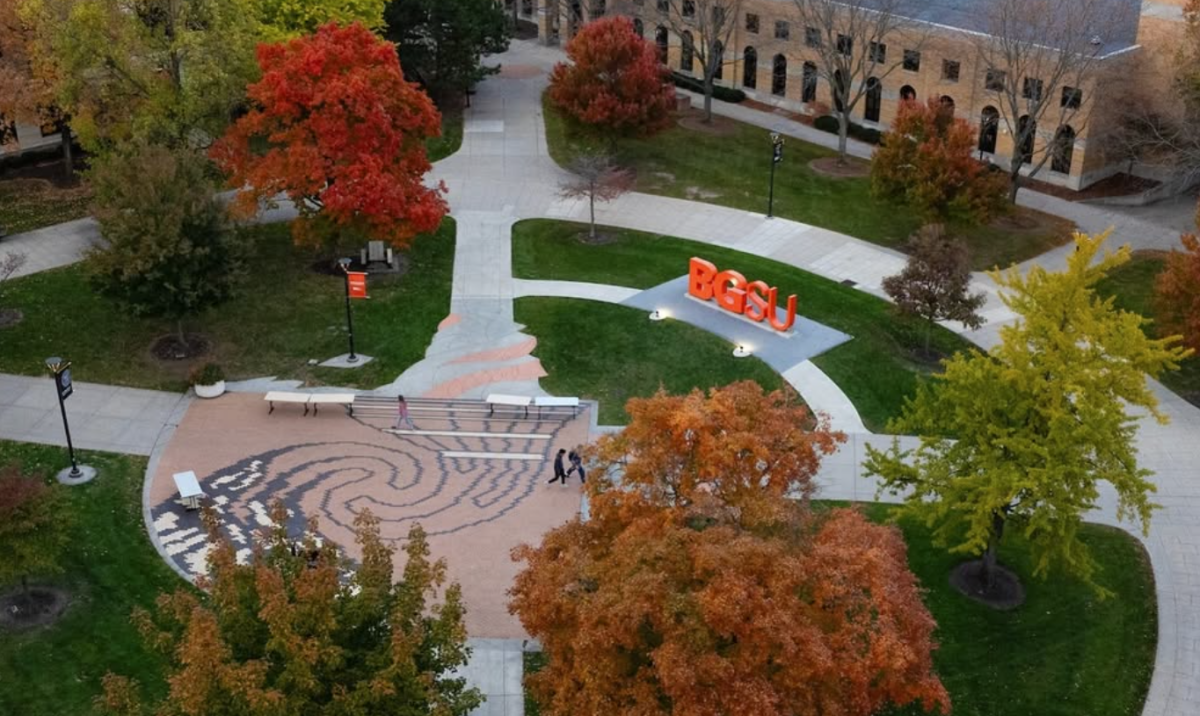Violations of the Academic Honesty Policy have increased since last year.
Cheating, forgery, bribery, fabrication and plagiarism are a few of the offenses that are considered to be violations of the Academic Honesty Policy. However, actions that are not mentioned in the Academic Honesty Policy section of the Student Handbook can still be considered offenses.
The number of academic honesty cases reported has increased in the past year, said Lori Schultz, administrative assistant for the Office of the Senior Vice President for Academic Affairs and Provost, in an email.
In the 2011-2012 academic year there were 123 cases involving academic dishonesty. In the 2012-2013 academic year there were 194 cases of academic dishonesty, according to Schultz.
“Students are given 48 hours to present proof that they are not guilty of that offense,” said Phil Stinson, the current chair of the Academic Honesty Committee.
Students also have the right to question and examine evidence.
Lack of intent, Stinson said, is not a valid excuse. A student charged with the offense still has the “burden of proof.”
“Text messaging and students having their cell phones on their desks during an exam caused a lot of violations in the past year,” Stinson said.
This particular issue is often overlooked, but has become a big issue.
“Self plagiarism is also a violation without the permission of the instructor,” Stinson said.
A student cannot reuse a paper written for another class without speaking with their professor first.
Without permission for the instructor, that student would be in violation of the Academic Honesty Policy.
The Academic Honesty Policy Committee consists of at least 18 faculty members, six undergraduate students and six graduate students, according to the Student Handbook.
Students also have the opportunity to appeal the claims against them.
Some students seem to be at least somewhat aware of the consequences of the Academic Honesty Policy.
Chandler Rex, a sophomore, said that she vaguely knew about the Academic Honesty Policy.
“I know that it has to do with cheating and taking someone else’s work and saying it’s your own,” Rex said.
Other students have a better idea of what can happen if a student is found guilty of academic dishonesty.
“I believe the consequences involve expulsion, or just severe punishment,” said Deanna Radisek, a grad student,
Graduate students tend to receive harsher consequences for academic dishonesty prior to graduation, according to the Student Handbook.
Cheating or fabrication on an assignment or an exam is an offense that receives the least severe consequences. For an undergraduate student, the maximum sanction is a withdrawal from the course. For a graduate student, the most severe consequence would be expulsion.
An offense of cheating or fabrication on an assignment or an exam discovered after graduation results in that student receiving a withdrawal fail grade in that particular course. Graduate students receive the consequence of having their degree revoked, according to the Student handbook.
Instructors are expected to know and follow the Academic Honesty Policy as well. Those who do not abide by Academic Honesty Policy will also face consequences.
Instructors usually have the academic policy in their syllabus, said Dean of students, Jodi Webb.
Webb had some advice for students to avoid being accused of academic dishonesty.
“My advice to students would be to take the time to review these policies, maybe at the start of the semester,” said Webb, “If they are uncertain of how to cite, they should talk to their instructors.”













